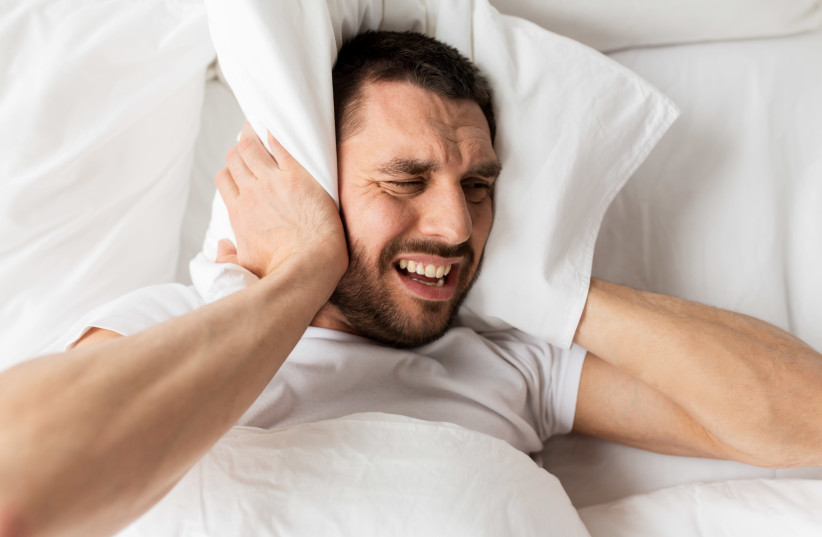A new study published in the journal PLOS One has shown that nearly one in five people in the UK suffer from misophonia - an auditory sensitivity or auditory disorder defined as "hatred of noise."
The researchers gave 772 participants a questionnaire according to which they could understand the intensity and complexity of misophonia while judging the causes of the noise and reactions.
"The experience of misophonia sufferers is more than just being annoyed by a certain sound. Misophonia can cause a feeling of helplessness and the sufferer often feels trapped in a situation from which there is no way out."
Jane Gregory
What is misophonia?
Misophonia is defined as "hypersensitivity to noises." For example, chewing sounds, sipping a loud drink, swallowing sounds, breathing, coughing, nose blowing and more, when all of these may cause the sufferer of the disorder to feel distressed, increase their heart rate and experience frustration, anger, sadness, disgust and even anxiety.
According to the author of the study, Dr. Jane Gregory from the Department of Experimental Psychology at the University of Oxford: "The experience of misophonia sufferers is more than just being annoyed by a certain sound. Misophonia can cause a feeling of helplessness and the sufferer often feels trapped in a situation from which there is no way out."

What causes misophonia?
It isn't known what causes misophonia, but researchers assume that it is a combination of several factors such as differences in brain structure, family history, genetics, or other conditions.
"Often, those with misophonia will feel bad about themselves, especially when they react to sounds and noises made by loved ones," Gregory said. "We need more research to understand what causes misophonia and how we can help people whose symptoms disrupt their daily lives."
Who is affected by misophonia?
Misophonia seriously affected 18.4% of study participants, but only 2.3% thought they had it, while 13.6% had never heard of it before.
"We have shown that natural, everyday sounds coming from others negatively affect the lives of one in five people in the UK," said lead author Dr. Celia Vitoretto, King's College, London.
Misophonia was found to be equally common in men and women and the average age of those suffering from it is around 43 years old. In addition, it turned out that people who do not suffer from misophonia can be bothered by certain noises - but not to the same extent as those who suffer from the disorder.
